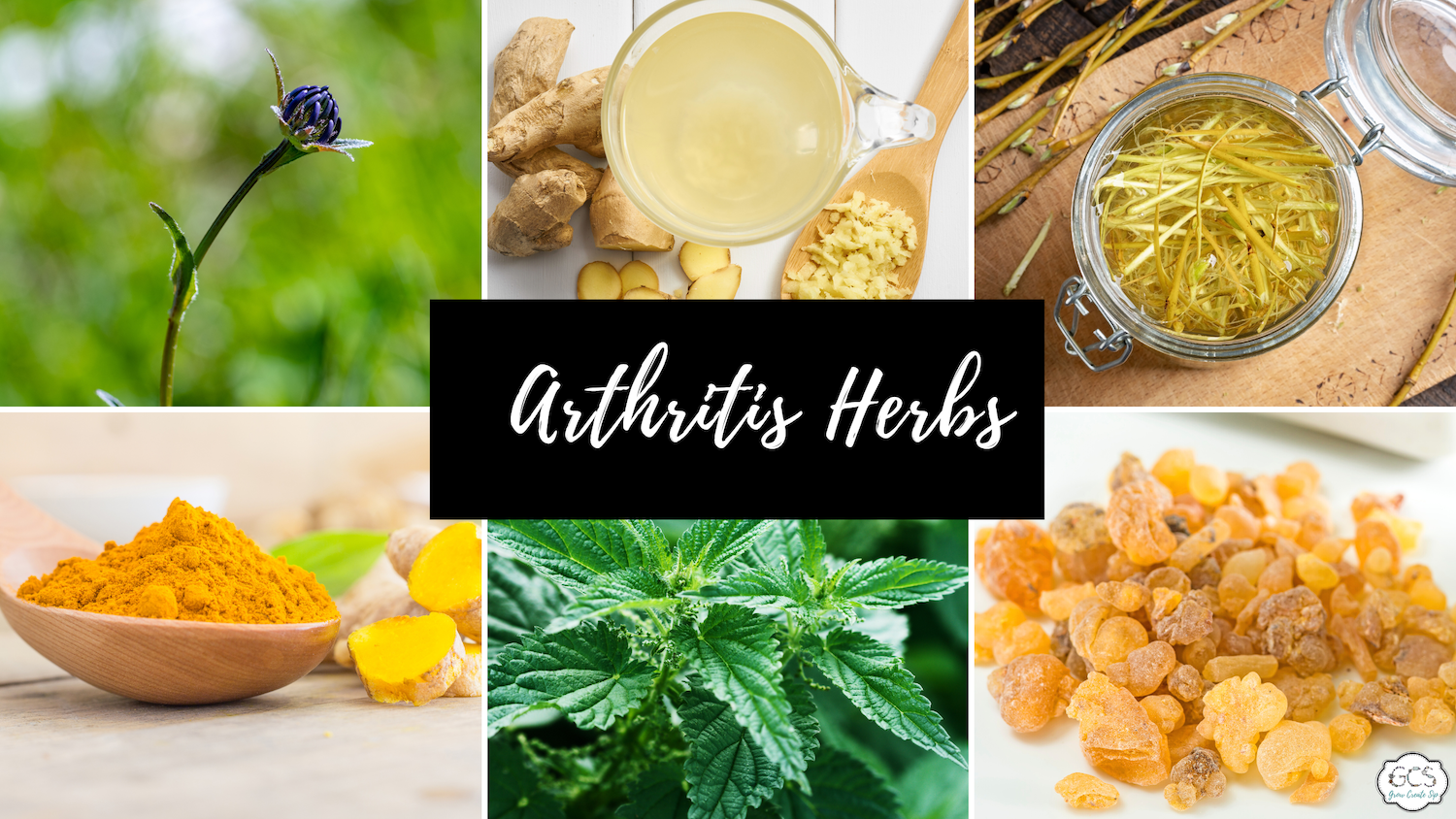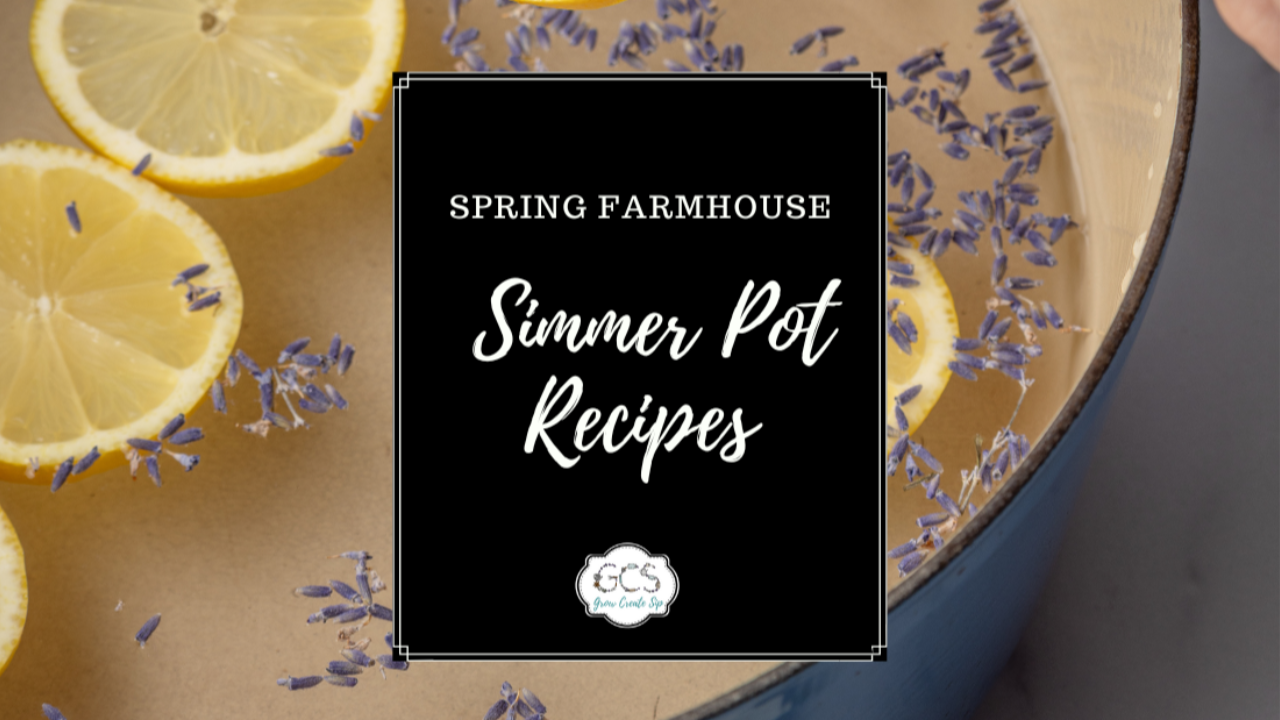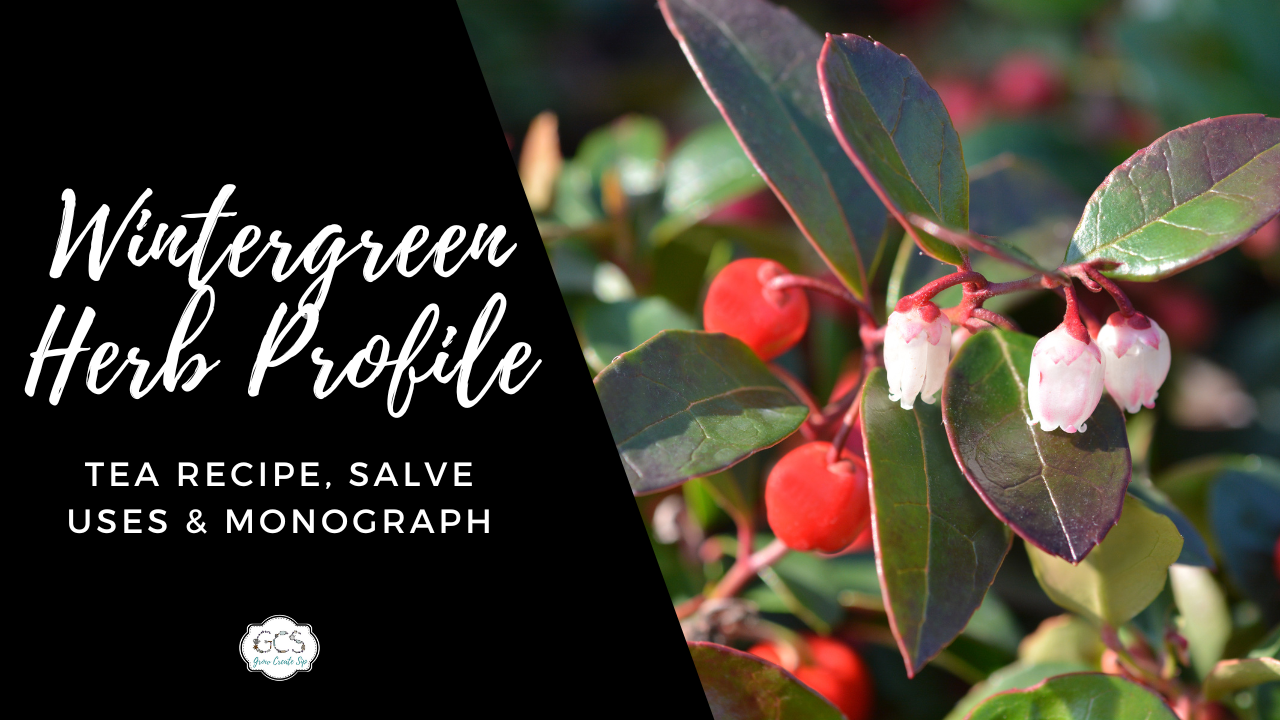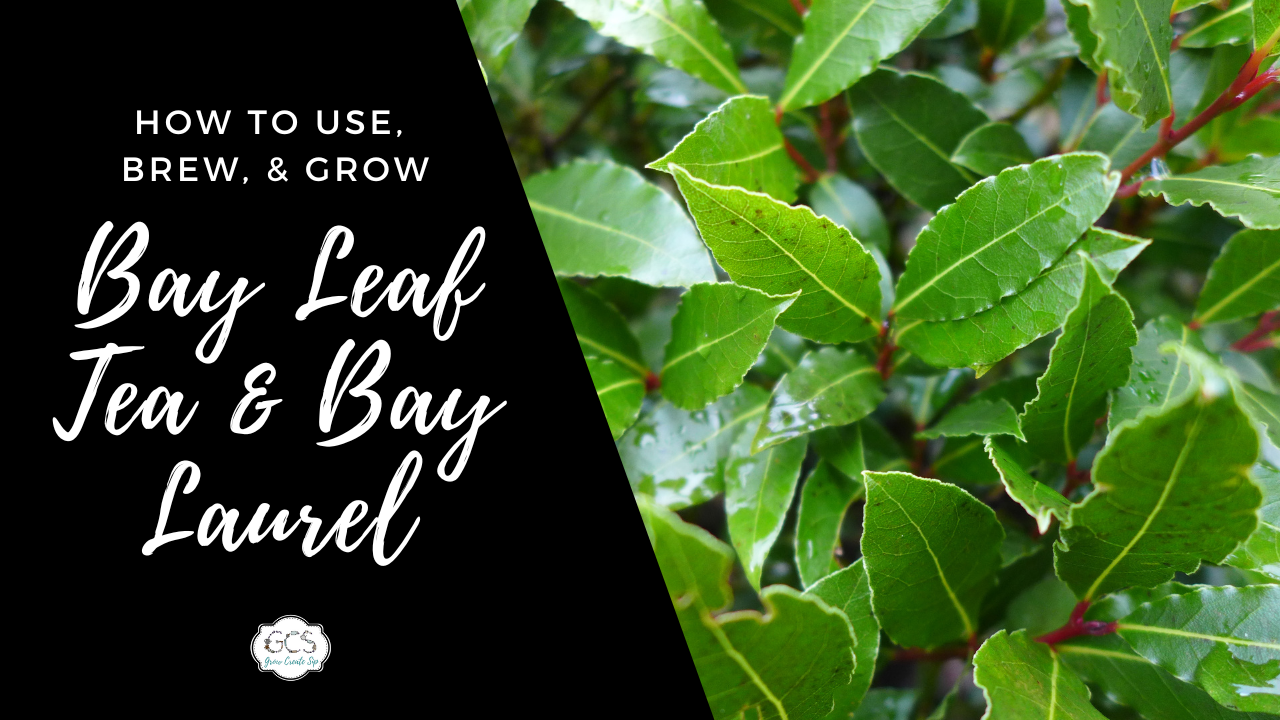Natural Remedies for Arthritis and Best Tea for Joint Pain
Apr 18, 2023
Arthritis is a common condition that affects people of all ages. Did you know that in the US, 58.5 million adults, or 24% of all adults, had arthritis in 2021?
Arthritis is the inflammation of the joints, which leads to pain, stiffness, and reduced mobility. While there are many remedies for arthritis and medications available for managing it, many people seek natural remedies to help ease their symptoms.
For centuries, people used herbal tea as a remedy to treat various health conditions, including arthritis. In this article, we will explore the best herbs to use for arthritis and the most effective teas for joint pain relief.
Understanding Arthritis
Arthritis is joint pain or disease which can take many different forms. Rheumatoid arthritis and osteoarthritis are the two main forms of arthritis.
What Is Rheumatoid Arthritis?
Rheumatoid arthritis is an autoimmune disease that causes inflammation in the joints, leading to stiffness, pain, and swelling. The condition can also affect other body parts.
Rheumatoid arthritis is an inflammatory disease and sees a lot of benefits from anti-inflammatory herbs as well as anodyne herbs. Natural treatments have shown promise in reducing symptoms. For example, turmeric, ginger, and willow bark have anti-inflammatory properties and may help relieve pain.
As always, talking to your doctor before trying any natural remedies is essential, as some may interact with medications or have other potential side effects. Herbal supplements are not a replacement for diet and lifestyle changes that may help improve arthritis symptoms.
What Is Osteoarthritis?
Osteoarthritis is known as a degenerative joint disease that typically occurs as a person ages. It's caused by wear and tear on the joints over time, resulting in pain, stiffness, and reduced mobility.

The Legal Stuff
The contents of this blog are made available via St. Fiacre's Farm LLC through Grow Create Sip and Farmhouse Teas and are for informational purposes only. This blog does not constitute medical advice; the content is not intended to be a substitute for professional medical advice, diagnosis, or treatment. Always seek the advice of a qualified healthcare provider with any questions you may have regarding a medical condition. If you think you may be suffering from any medical condition, you should seek immediate medical attention. You should never delay seeking medical advice disregard medical advice or discontinue medical treatment because of information provided by St. Fiacre's Farm, Farmhouse Teas or Grow Create Sip. Reliance on any information provided by this webinar is solely your own risk. St. Fiacre's Farm LLC (along with Farmhouse Teas and Grow Create Sip) is a participant in the Amazon Services LLC Associates Program, an affiliate program designed to provide a means for our team to earn fees for recommending our favorite products! Along with additional affiliate programs not associated with Amazon. We may earn a small commission, at no additional cost to you, should you purchase an item after clicking one of our links. Thanks for supporting us!
Symptoms of Arthritis
Depending on the kind of arthritis and how severe the condition is, the symptoms can vary. Common symptoms include the following:
- Joint pain
- Stiffness of the joints
- Swelling in the joints
- Reduced range of motion in the affected joint
Arthritis can also cause fatigue, fever, and weight loss in some cases.
Many herbs, especially anti-inflammatory herbs are available to help manage the symptoms and improve quality of life. Other modalities are also available and can include medication, physical therapy, and lifestyle changes. Additionally, natural remedies such as herbal tea can also provide some pain relief for those living with arthritis.

Natural Herbs for Arthritis
There are several herbs that can help you manage arthritis symptoms. Anti-inflammatory herbs have an affinity for the connective tissues, immunomodulating herbs have benefits for autoimmune related arthritis, high-mineral herbs can help to repair and regenerate joints and connective tissues. Adding additional herbs that focus on bowel health, liver support and detoxification can be very helpful. Bioflavonoid-rich herbs help to protect collagen. Here are some of the most effective herbs for arthritis and how to use them.
Ginger Root
Ginger is a root commonly used in cooking and used as a natural remedy for various ailments, including arthritis. It contains compounds known as gingerols and shogaols, which have anti-inflammatory and pain-relieving properties. Ginger is also excellent for the digestive system helping to keep it moving along and providing preboiotic material to the good bugs (aka probiotics) in your digestive tract). With 80% of our immune system in our digestive system it's always helpful to have the digestive system in good working order.
Ginger can be consumed in many forms, including tea. To make ginger tea, grate or slice fresh ginger, approximately 1 tablespoon fresh, 1 tsp. dried and let it steep in hot water for 5-7 minutes. You can also add honey and lemon to taste. Drinking ginger tea regularly can help to reduce inflammation and ease joint pain. Our favorite way to drink ginger in tea is with a chai tea latte.
Turmeric Spice
Turmeric is a spice used in Indian cooking and commonly used in traditional medicine for ages. It has a compound called curcumin, which has anti-inflammatory and antioxidant properties. Arthritis is an oxidative state and so antioxidants are extremely important in these cases. Turmeric may help reduce connective tissue inflamation,provide pain relief and reduce disease progression in osteoarthritis and autoimmune disease. Turmeric is also excellent for the liver which is our bodies filtration system. When our liver works better our digestive system works better and we have seen above that artiritis has a digestion component to it.
Studies have shown that curcumin can help to reduce inflammation in the body and alleviate joint pain. Mix one teaspoon of turmeric powder with hot water and honey to make turmeric tea. You can also add a pinch of black pepper to increase the absorption of curcumin. Or enjoy this already blended Golden Turmeric Spice tea as a Golden Latte.
Boswellia or Indian Frankincense
Boswellia, also known as Indian frankincense, is a resin from the Boswellia serrata tree. It has been used in ancient Indian medicine for centuries to treat inflammatory conditions.
Boswellia contains compounds called boswellic acids, which have anti-inflammatory properties. Studies have shown that Boswellia can help to reduce inflammation in the body and alleviate joint pain. Boswellia can be consumed as tea or taken as a capsule or tincture. We prefer to use this herb in a tincture form because it is made from a resin and doesn't make the best flavored tea.

Devil's Claw
Devil's claw is native to Southern Africa and has been used to treat various ailments for centuries, including arthritis. Devil's claw contains iridoid glycosides, which have been found to have anti-inflammatory and pain-relieving properties.
To make devil's claw tea, steep a teaspoon of dried devil's claw root in a cup of hot water for 5-7 minutes.
Nettle Tea
Nettle tea is another herbal remedy used for centuries to treat joint pain and inflammation. Nettle is rich in vitamins and minerals, including calcium, magnesium, and iron, and it has been found to have a powerful anti-inflammatory effect on the body. Not only that but high mineral herbs can help repair and regenerate joints and connective tissues
Nettle tea is easy to make by steeping fresh or dried nettle leaves in hot water for 5-7 minutes. Or sip this Sneez-ali-tea with stinging nettle as the base of the tea.
White Willow Bark
White willow bark is a plant used as a natural pain reliever to treat joint pain and inflammation for eons. White willow bark contains a chemical called salicin, similar to aspirin, and can help reduce pain and inflammation in the body.
To make white willow bark tea, simmer a tablespoon of dried white willow bark in a cup of water for 10-15 minutes, then strain and drink. White Willow is a bark and so the steep time will be longer than those herbs that are a leaf or flower.
When it comes to making herbal teas for arthritis, it's best to use fresh or dried herbs rather than tea bags. This way, you can control the strength and quality of the tea and ensure that you're getting the most out of the herbs. Adding additional nutrition to your daily regimne is key and tea can be an excellent way to achieve that.
A Natural and Soothing Way to Ease Joint Pain!
There are many natural remedies for arthritis, and herbal teas are a great way to include these remedies in your daily routine. We have highlighted just a few of the many herbs that have been found to have anti-inflammatory and pain-relieving properties. Overall, herbal teas can be a great addition to a healthy lifestyle and help promote overall health and well-being. With so many herbs to choose from, it's easy to find the perfect tea to suit your individual needs and preferences.
We would love to invite you to our free tea blending workshop, so that you can learn how to blend a personalized tea for your individual needs. Arthritis can really be a daily debilitating issue that can make it hard to function normally. I'm curious to know, how has arthritis affected you or your loved ones? What solutions have they found that have helped them on their journey? Let me know in the comments below and together we can help each other live more functional and pain-free lives.
Learn More about Herbs
- Headache Remedies & Best Tea for Headaches
- Top Herbs for Weightloss
- Most Affordable Medicinal Plants to Grow
- Fire Cider Benefits & Protocol
- Homemade Cough Syrup with Wild Cherry Bark
- Why does coffee make my stomach hurt?














